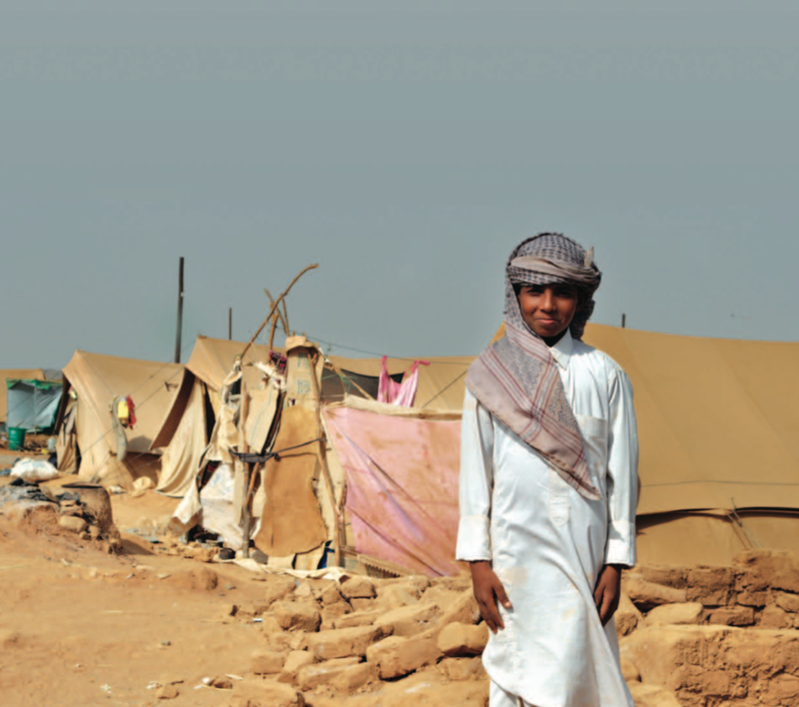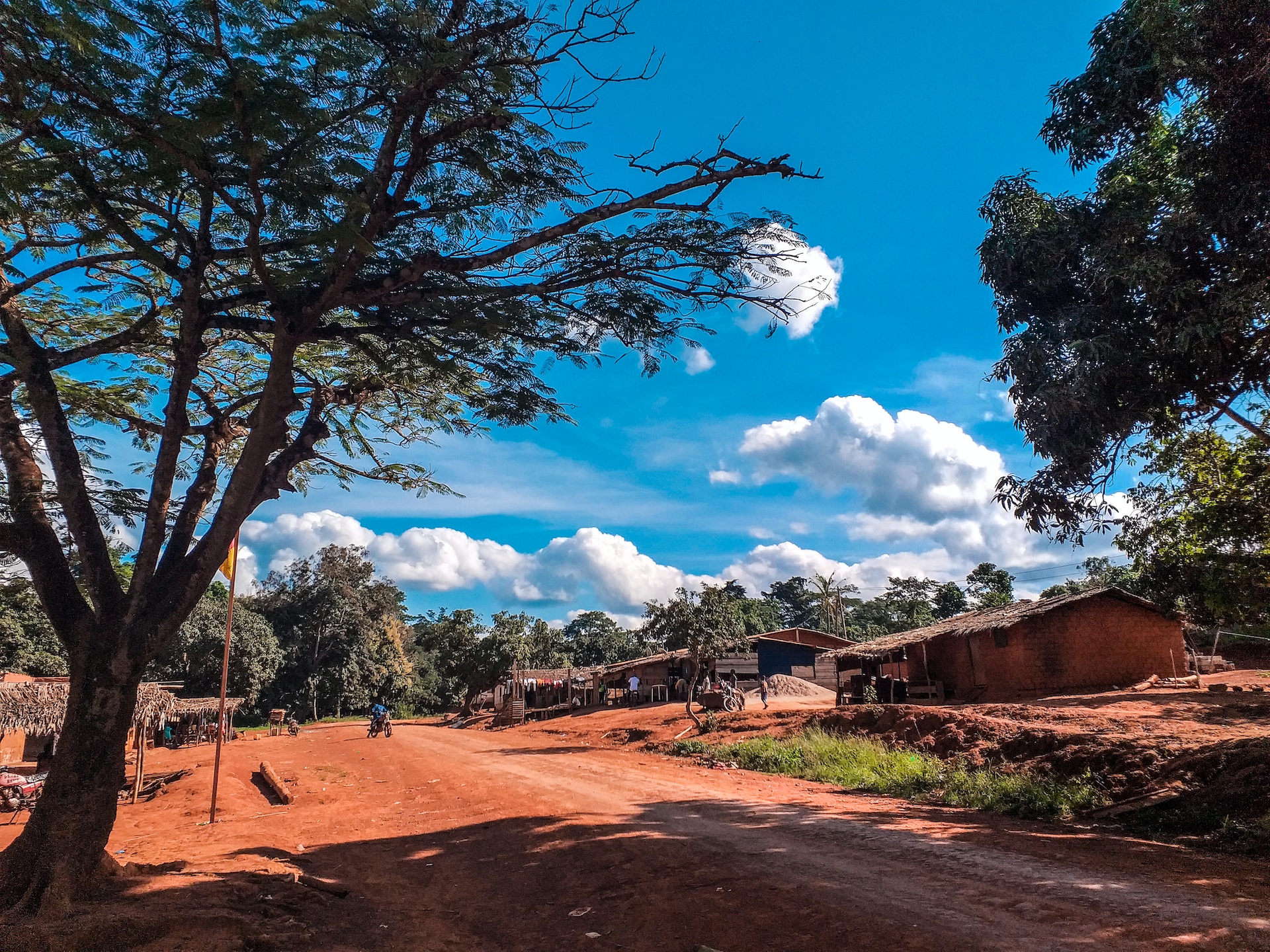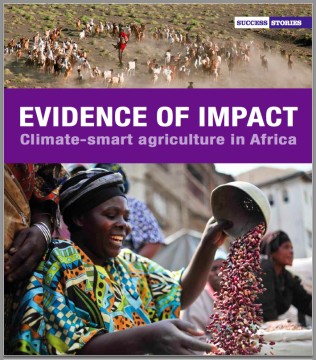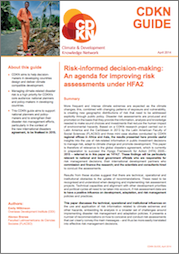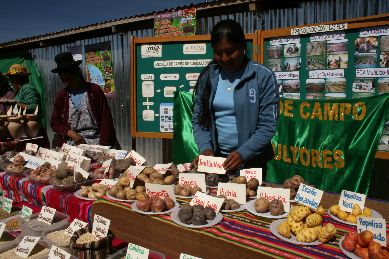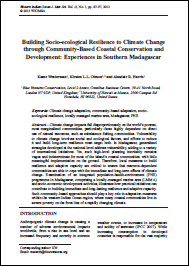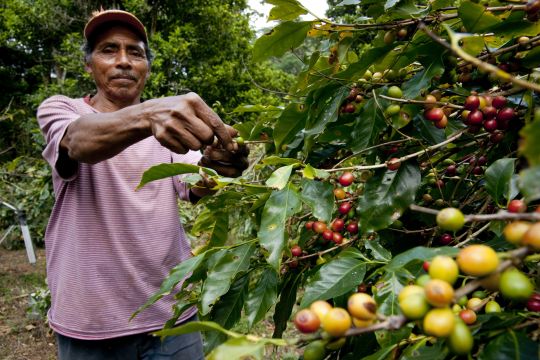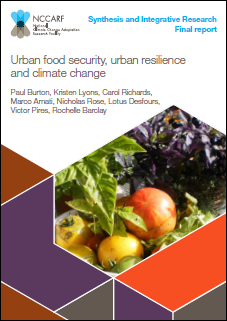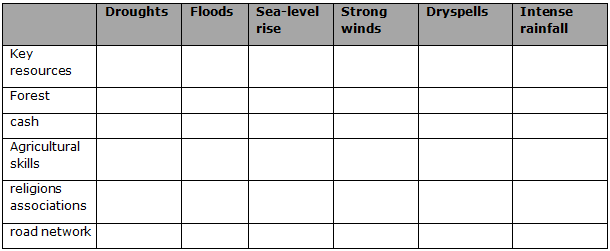Security
The impacts of climate change on food security and nutrition in the Middle East and North Africa
This report sets out the risks to food security in the Middle East and North Africa from climate change, and how these vulnerabilities interact with other key trends and sources of risk.
Transforming disaster risk reduction for more inclusive, equitable and sustainable development
This article highlights key areas where efforts to reduce the underlying causes/drivers of vulnerability and risk need to be improved to create more inclusive, equitable and sustainable development.
CIFOR Working Paper: Assessing current social vulnerability to climate change: A participatory methodology
This paper describes a participatory methodology used to assess the current vulnerability of local communities in the Congo Basinon the COBAM project. Vulnerability has been studied through the lenses of different dimensions: system and exposure units, dynamic processes, multiple threats, differential exposure, social capital and collective action. The purpose of this framework is to grasp the socio-ecological dynamics in the system over the past decades, in order to identify future actions for reducing vulnerability and to enhance adaptive capacity.
Evidence of impact: Climate-smart agriculture in Africa
Africa’s climate is changing. Across the continent rainfall patterns are set to alter. In many areas droughts will become more frequent, more intense, and last longer.
Ecosystem-based adaptation for smallholder subsistence and coffee farming communities in Central America
Climate models indicate that Central America will likely experience warmer and drier seasons and increases in the frequency of extreme weather events as a result of climate change. Smallholder farmers are likely to be particularly vulnerable to these expected changes due to their high dependence on agriculture for their livelihoods and their limited resources and capacity to cope with shocks. There is therefore an urgent need to identify strategies that help smallholder farmers adapt to climate change. Improving the productivity and resiliency of smallholder farming systems is also critical for alleviating poverty and achieving food security.
Current Vulnerability Mapping
This tool helps to establish the degree and range of impacts of different climate hazards on resources, livelihoods and social groups
